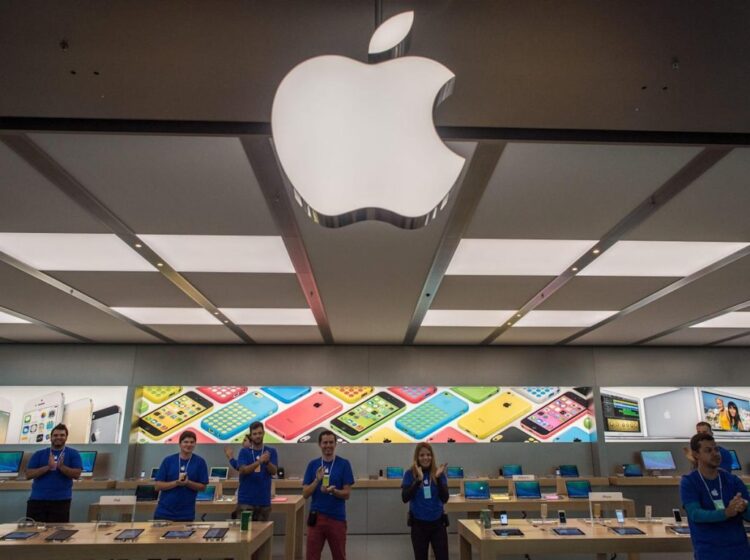By Emily Caulkett-
Apple has been ordered to pay a customer over $1,000 by a Brazillian judge for not sending a charger with their new iPhone.A court in Goiânia city, Brazil, ruled that the tech giant was responsible for a practice known as a ‘tie sale’, documents say.
Judge Vanderlei Caires Pinheiro took the view that Apple had ‘obliged the consumer to purchase a second product of its exclusive manufacture,’ calling it an ‘abusive and illegal commercial practice’.
He ordered the company to pay the customer 5,000 Brazilian reais ($1,081) and provide them with a new adapter.
Apple has a period of 10 days to execute the order, after that, it will have to pay a daily fine of 100$ reais ($21.63) until it provides the maximum fine of 10,000$ reais ($2,163), Brazils Tecmundo reports.
Apple terminated its previous production of adapters with its devices back in 2020, with the Brazilian government fining the company $2 million (£1.5m) a year later over the decision.
Apple told the court that its devices come with a lightning cable, which can be used with other power adapters, not necessarily those sold by Apple.
The firm also said it had ceased providing the adapter due to environmental concerns.
However, the judge ruled that the lightning cable only works with adapters that have a USB-C port, so the customer was restricted in which adapters he could purchase.
The judge mandated Apple to make the environmental impact of manufacturing the adapters separatly.
He said: “It is not appropriate that such a measure seeks to reduce environmental impacts, since, in all evidence, the defendant continues to manufacture such an essential accessory, but now sells it separately.”
The judge rejected the argument, saying the cable doesn’t work with wall adapters that don’t have a USB-C port, with which the Apple charger was specifically designed.
He also noted that Apple said it stopped providing the charger due to what the company claimed were environmental concerns and because there was allegedly a supply shortage of the accessory. Pinheiro responded by saying that Apple is still manufacturing its power adapters and selling them separately.
“It is not appropriate that such a measure seeks to reduce environmental impacts, since, in all evidence, the defendant continues to manufacture such an essential accessory, but now sells it separately,” Pinheiro said.




